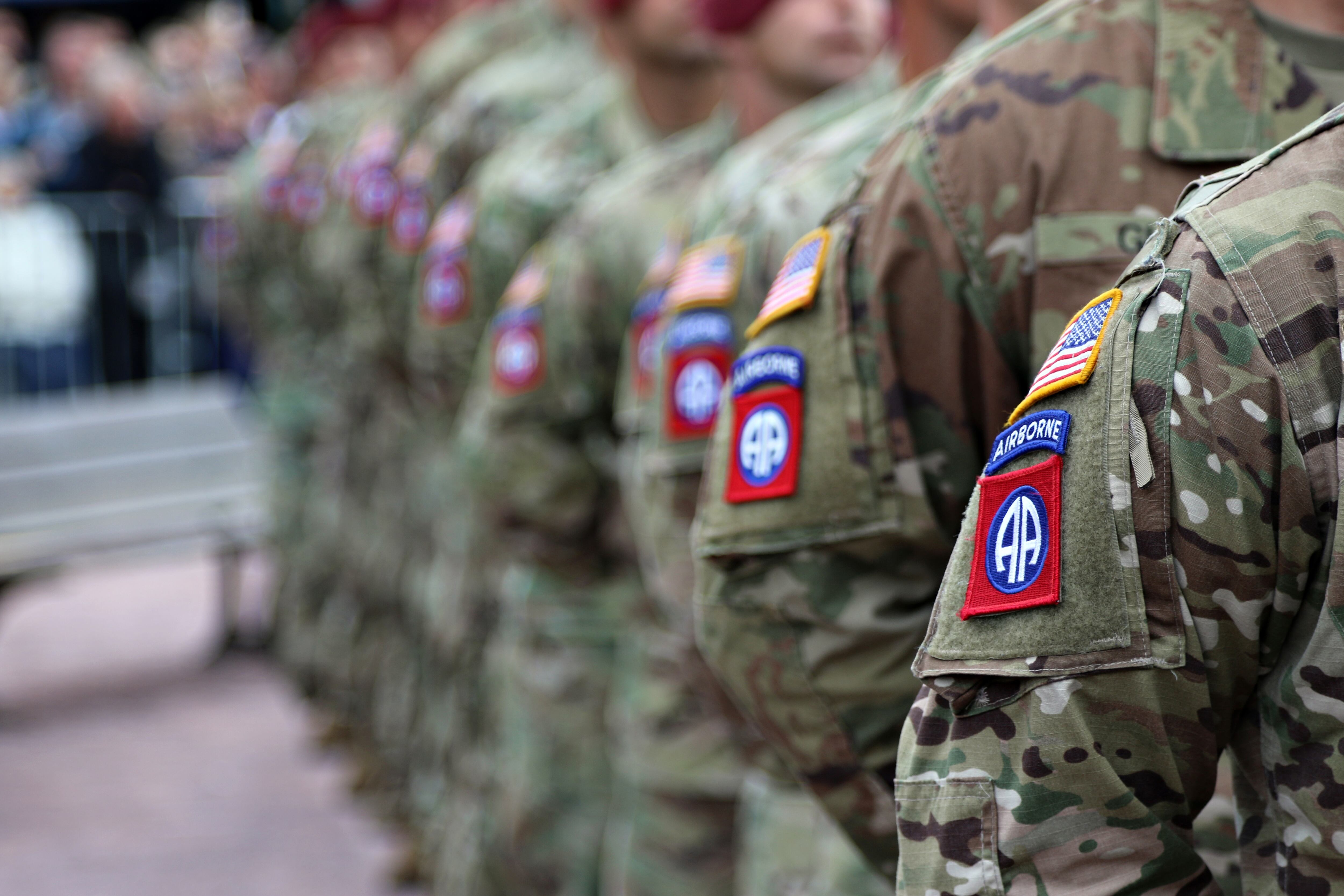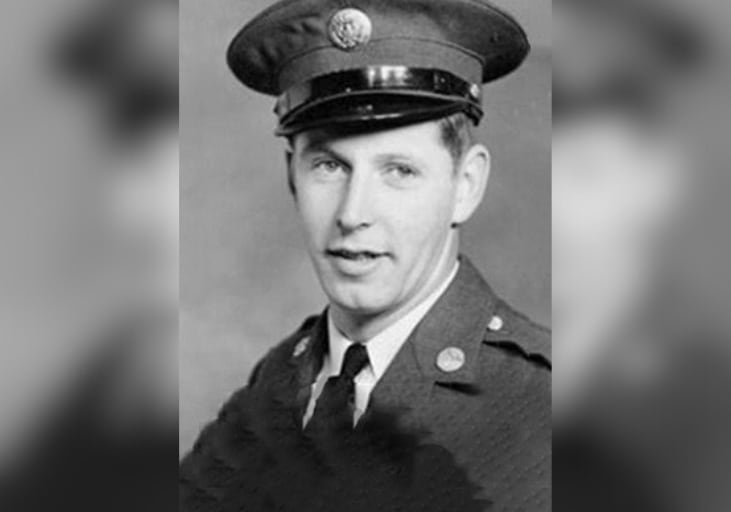Marine Corps Commandant Gen. Robert Neller has ordered that social media conduct training be conducted by small unit leaders as part of a broader move to reduce computer-based training.
"Instead of a Marine sitting in front of a computer screen going through a PowerPoint presentation on social media conduct or misconduct and the rules of the road, he's actually having a dialogue with his or her Marines," said Leon Pappa, of Training and Education Command's Standards Division.
Although social media had been part of entry-level training, it will now be a standalone annual training requirement, Pappa said. Small unit leaders will be able to use the "Leader's Handbook and Discussion Guide," which is an interim solution as TECOM develops formal coursework for the training.
The discussion guide includes several social media scenarios that small unit leaders can use to drive discussions on which behavior is acceptable and which is not, he said. It was produced by the Marine Corps' social media task force.
Having social media training held as a discussion led by small unit leaders is part of an effort by Neller to reduce "the number of rocks in the rucksack" by cutting the number of hours it takes Marines to conduct annual training without sacrificing quality, Pappa said.
Last year, Neller told the heads of TECOM and Marine Corps Combat Development Command to move as much computer-based training to small unit leader discussions as possible, he said.
Six other annual training requirements will be conducted by small unit leaders as of May 1: preventing hazing, quitting tobacco products, unit Marine awareness and prevention integrated training, Marine Corps records management, combating human trafficking, and violence prevention awareness, Pappa said.
Having small unit leaders sit "kneecap-to-kneecap" with their Marines provides an excellent learning environment and it saves time because units do not need to move to a computer lab and back, he said. Marines who have already taken the training online for this fiscal year do not need to retake it.
By requiring these topics to be held as discussions, the Marine Corps hopes to shave off between four and five hours from the total amount of time Marines spend on annual training requirements, he said.
But discussions will not be used for all training requirements because the Defense Department requires that some courses need to be conducted online, such as cyber awareness, Pappa said.
"MarineNet will never, never go away," he said.





